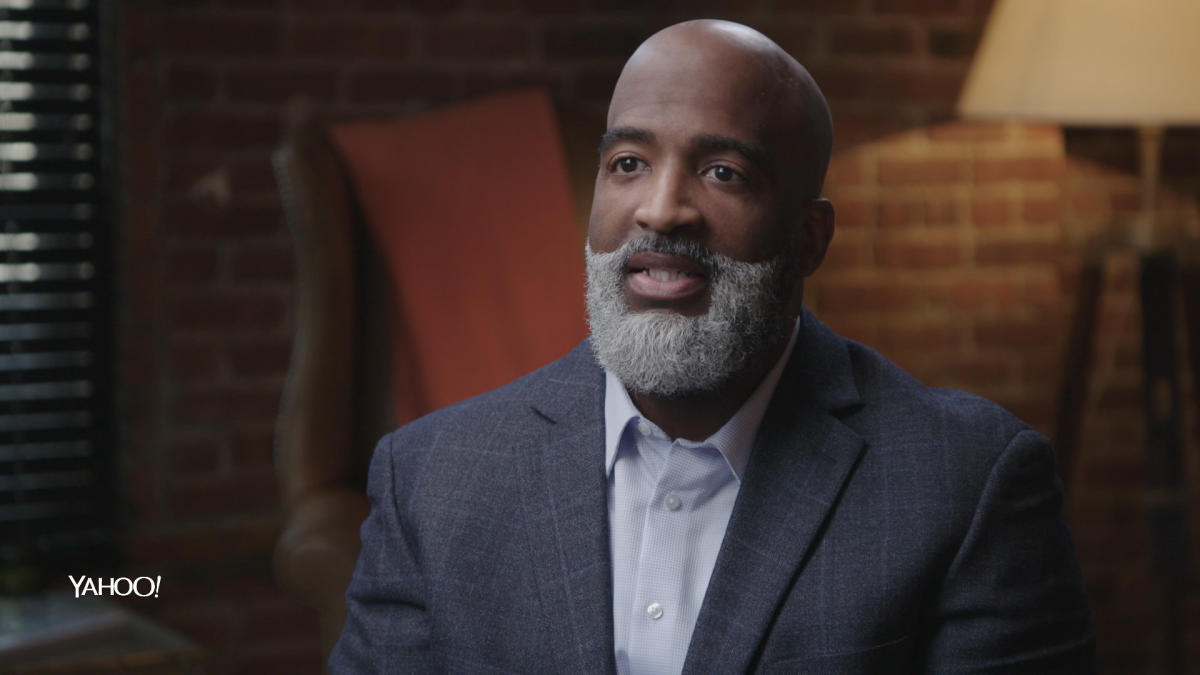“The 360” shows you diverse perspectives on the day’s top stories and debates.
What’s happening
The torch relay for the Tokyo Olympic Games was officially kicked off in a small, socially distanced ceremony late last month. Over the course of the next 100-plus days, more than 10,000 torch bearers are expected to carry the Olympic flame across Japan in its long journey to the opening ceremony, currently scheduled for July 23.
Organizers were forced to delay the 2020 Summer Games last March as the initial wave of the coronavirus was spreading around the world. Though the pandemic will almost certainly still be ongoing by July, the Japanese government and International Olympic Committee are determined to hold the Games as scheduled.
Tokyo 2020, which will keep its name despite the delay, will be a very different event from the typical Olympics. Overseas spectators will not be allowed to attend, masks and temperature checks will be required, and athletes will be barred from socializing with their international competitors. Participants, however, will not be required to be vaccinated.
Japan has fared better than most industrialized nations throughout the course of the pandemic. As of Friday, the country has had fewer than 10,000 COVID-related deaths. But a recent uptick in cases and a sluggish vaccine rollout that ranks worst in the developed world have led many to question the value of hosting the Games. Roughly of Japanese citizens polled in January said they want the Olympics to be postponed again or canceled altogether.
Why there’s debate
Advocates for canceling the Tokyo Olympics say the event could become a global superspreader event. Even without international spectators, an estimated 60,000 people from 200 countries would converge on Tokyo at one time — each of them potentially bringing the virus with them or carrying it home after the Games. Some argue that a potential outbreak among athletes that would derail the Games would put a permanent stain on the Olympic movement. Many critics have accused organizers of putting people’s lives at risk in order to cash in on the massive trove of advertising and broadcast revenue that comes from hosting the Olympics.
Defenders of the decision to move forward with the Games say canceling them would mean billions of dollars in losses that could have a severe impact on the Japanese economy. Many say Olympic organizers have developed a solid game plan for preventing virus spread based on lessons from sports leagues around the globe that have successfully held their competitions without major disruption. Others argue that the Tokyo Olympics could provide an immeasurable psychological boost to the world and mark the beginning of a brighter post-COVID era.
What’s next
Tokyo 2020 organizers have emphasized that their current operational plans are preliminary and more stringent measures could be put in place if necessary.
Regardless of what happens in Japan this summer, debate over the Olympics will likely continue well into next year. There are already calls for Western countries to boycott the 2022 Winter Games in Beijing in response to human rights abuses carried out against Uyghur Muslims in China’s northeast.
Perspectives
Cancel the Games
The Olympics could become a global driver of COVID infections
“Based on the number of people arriving and the prevalence of the disease around the globe, the Olympics absolutely could become a super-spreading event that leads to quite a number of infections, as well as spreading internationally as people return home.” — Infectious disease researcher Spencer Fox to
The pandemic will still be in full swing in July
“There is no sign that Japan, let alone humanity, will defeat the coronavirus any time soon.” — Koichi Nakano,
Japan and the Olympics might never recover if things go poorly
“A successful Olympics would provide a welcome boost to the world’s morale but it could lead to quite the opposite, given the situation in Japan. While a major super-spreading event is possible, even a lower level of transmission could cause chaos.” — Michael Toole,
Organizers are putting money over safety
“It seems that all of these financial factors are trumping public health concerns and public opinion.” — Jeff Kingston,
The pandemic is an opportunity to reevaluate the harmful status quo of the Olympics
“As currently constructed, the Olympics have become more trouble than they’re worth. Perhaps a cancellation this year will scale back aspirations for future Games and slow their escalating, increasingly destructive cost.” — Will Leitch,
Don’t cancel the Games
The state of the pandemic will be much more manageable by this summer
“By next June, enough of Japan and the outside world will be vaccinated to hold a viable Olympics without the need for stringent policing.” — Jonathan Kolatch,
A successful Olympics can provide a much-needed beacon of hope
“With the hardship the world is facing today and escalating geopolitical tension, scarcely has there been a more important and meaningful time for nations to set aside differences and unite to compete in the world’s most important sporting event.” — David Ashton,
Other leagues have shown how to safely pull off a major sporting event
“The Tokyo Games will be different than what we’ve come to expect from the Olympics and Paralympics, and some of the measures required to pull them off will be less than ideal. But when all of these other sports have found workarounds, there’s every reason to believe the IOC and Tokyo organizers will, too.” — Nancy Armour,
Japan’s global status would suffer enormously if the Games were canceled
“Japan’s standing in Asia and in the world matters a great deal, particularly in view of its rivalry with China. It would be a nightmare for them [Japan’s political leadership] if Japan fails to be the host of the first ‘post-COVID’ Olympics and the title goes to China.” — Japanese politics expert Koichi Nakano to
Canceling the Games would spoil the lifelong dreams of thousands of athletes
“One must feel for the athletes who train, many of them unnoticed, for a singular chance to compete on the world stage. They’re either heading into the last, terrible throes of the pandemic for a chance to make their life’s work pay off — or they’re about to have their dreams dashed.” — Michael Arace,
Postpone but don’t cancel the Games
“If an Olympic bubble isn’t feasible, the road to a normal sports landscape, and guilt-free Olympic watching, likely goes through widespread vaccine uptake. Or we can wait until next year.” — Morgan Campbell,
Is there a topic you’d like to see covered in “The 360”? Send your suggestions to the360@yahoonews.com.
Read more “360”s
Photo illustration: Yahoo News; photos: Getty Images



